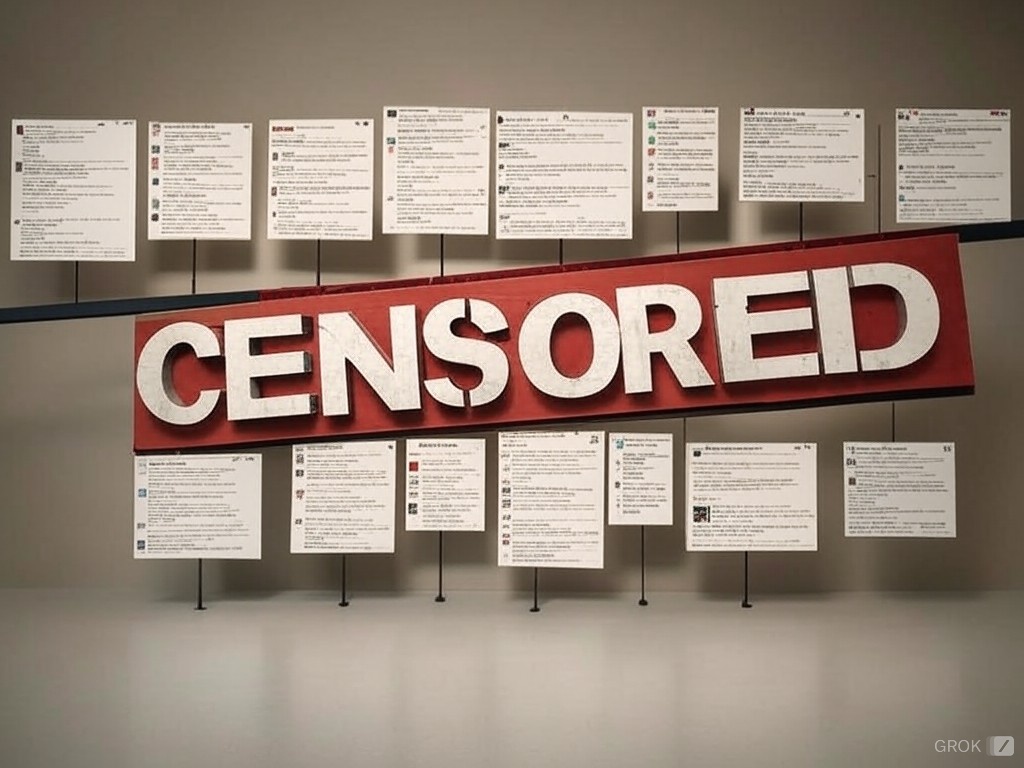2010s: Concerns about censorship began to surface more prominently. In 2014, Twitter's transparency reports started showing a rise in government requests for content takedowns. By 2015, a study suggested that Twitter was under-reporting its censorship by significant margins, indicating over 250,000 censored tweets globally.
2018: Reports highlighted Twitter's compliance with government censorship demands, especially in regions like Turkey, where censorship was notably high.📷
2020: Political bias in censorship was a hot topic, especially with debates around Twitter's decision to label tweets from then-President Donald Trump as misleading. A Pew Research Center survey showed that many Americans, particularly Republicans, believed social media sites, including Twitter, were censoring political viewpoints.📷
Post-2022 (Elon Musk's Acquisition): After Elon Musk's acquisition of Twitter, there was a notable change in policy approach. Data suggested that under Musk, Twitter complied with 83% of government censorship requests, up from around 50% before his takeover, showing a shift in how the platform handled such requests.
